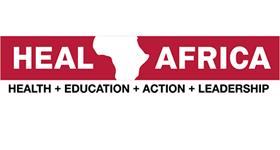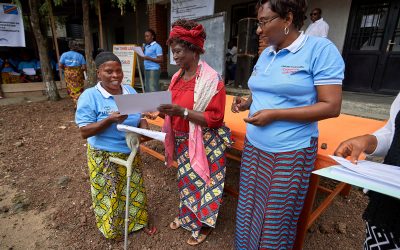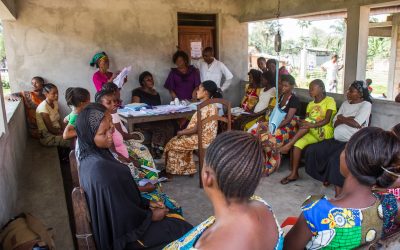Tushindi ujeuri
counter gender-based violence programHelping communities respond to and prevent gender-based violence and trafficking in the Democratic Republic of Congo.
Overcoming SGBV in Eastern DRC
In the DRC’s eastern region, about one in three women report being victims of SGBV. Following on the successes of IMA’s Ushinde Project, Tushindi Ujeuri’s overarching project goals are to strengthen community-based prevention of and response to gender-based violence, or GBV, effectively reduce GBV incidence and improve the quality of and access to holistic care for survivors, particularly among vulnerable groups including LGBTQI and Trafficking in Persons, or TIP, survivors.
In addressing GBV in Eastern DRC, Tushinde works in an integrated manner across three outcomes:
Outcome 1: Target Communities Demonstrate Greater Acceptance of Positive Gender Roles;
Outcome 2: Availability of community-level GBV-related services improved;
Outcome 3: Perceptions of stigma surrounding reintegrated survivors reduced.
Implementation Period
November 2017 to October 2023
Donor
USAID
Reducing community tolerance of gender-based violence.
Reducing community tolerance for gender-based violence involves raising awareness among community leaders and members, including traditional leaders, school leaders, and church leaders, on the harmful effects and negative impacts of existing attitudes concerning GBV.

1,469,898
community members received tailored information on GBV prevention and response and family planning
Strengthening community organizational capacity
GBV survivors reintegrated
Number of GBV survivors reintegrated in socioeconomic activities including Village Savings and Loan groups and literary circles.
CODESA and Youth Clubs formed
The youth club leaders were trained in prevention of sexual and psychosocial violence, peacebuilding, and communication skills for social and behavioral change, as well as sexual and reproductive health.
Community Groups Supported
Since the start of the project, 2,425 community groups have been strengthened in an effort to create greater acceptance of positive gender roles in their communities.
volunteers and service providers trained
Number of persons trained with USG assistance to advance outcomes consistent with gender equality or female empowerment through their roles in public or private sector institutions or organizations.
1,300,507 People sensitized by Noyaux/CODESA and youth club members
In the beginning of the project, Tushinde formed 86 Community Health Development Agencies, known locally as Noyaux/CODESA, and 86 youth clubs. Members of the core groups were trained on GBV prevention and conducting forums on positive masculinity. These groups served as entry points and champions for community-based messaging around available project services and SGBV prevention. To date, more than 1 million people have been sensitized by these groups.
improving quality and reducing barriers of access to health, psychosocial, and legal services
new people were reached by GBV services
Including health, legal, psychosocial, and socio-economic support.
survivors received medical support
This figure includes people seen for medical consultations, prevention of STIs, HIV, contraceptives, fistula repair, and referrals as needed following report of a GBV incident.
survivors received psychosocial support
This support included active listening, GBV-trauma-related counseling, screening for severe symptoms, and referral to and provision of Cognitive Processing Therapy, or CPT.
%
of treated survivors reported feeling optimistic about rebuilding their lives
4,935 survivors have received PEP Kits to date
Provision of Post-Exposure Prophylaxis (PEP) Kits within 72 hours of an incidence of rape helps pervent sexually transmitted diseases and unwanted pregnancies.
7,137
survivors reached with legal assistance
More than 7,000 survivors have been counseled after incidence of sexual violence, human rights abuses, trafficking, and other forms of gender-based violence.

7,753 new acceptors of family planning methods registered
Tushinde provided 46 health centers with family planning contraceptive methods, resulting in 7,753 new acceptors.
33,185 sensitized by vsla groups
Over the course of the project, Tushinde formed 904 VSLA groups to help recovering survivors reintegrate into their communities and obstain a means to a livelihood. Now Tushinde harnesses the power of these community groups to sensitize members on GBV prevention and response.
Reducing perceptions of stigma surrounding reintegrated survivors

23,350
Number of trauma survivors and other members of the community participating in trauma healing activities

2,597
Number of GBV-related disputes resolved through Alternative Conflict Resolution, or ADR

732
Number of GBV survivors participating in VSLA
121,095
Number of learners in primary and secondary schools or equivalent non-school based settings reached with education assistance sensitized on GBV prevention by PTAs and youth clubs.

14,976
new community members have been reached by Men’s Engage groups with GBV messaging.
970
survivors of trafficking were identified and received medical, psychosocial, and legal services
This year community volunteers were trained to confront negative social norms that perpetuate stigma faced among survivors of GBV and other marginalized people, specifically Trafficking in Persons, or TIP, and LGBTQI survivors. They have been strengthened to identify TIP survivors, and prevent barriers for access to care medical, psychosocial and legal services.
This total includes
Survivors forced into sexual slavery,
Survivors forced into prostitution,
Survivors forced into domestic work,
Child survivors of sexual abuse 0r exploitation, and
Survivors forced to pay illegal taxes.
Map
The Tushinde Ujeuri program is implemented in five health zones in the North and South Kivu Provinces of the DRC.
Community-based services in Walikale and Karisimbi health zones in North Kivu Province are implemented by Heal Africa. Panzi Foundation implements services in Nyangezi, Bunyakiri, and Katana health zones in South Kivu Province.
Heal Africa Health Zones
Walikale
Karisimbi
Panzi Foundation Health Zones
Nyangezi
Bunyakiri
Katana
“I felt sick and I couldn’t get out of bed”
Mawazo Biteko worked as a housekeeper when another member of the home’s staff raped her. “I felt sick and I couldn’t get out of bed,” she said. Tushinde outreach workers connected with her two days following the assault, ensuring she was screened by a doctor and had access to the post-exposure prophylaxis kit that prevented her from contracting an infection. She and her husband participated in counseling following the attack, while an attorney continues to work to find the perpetrator. She says Tushinde’s comprehensive approach helped her to recover, and to connect. “At the social center, I found five other women who had been attacked like I was,” she said. “I know I am not alone.” .Tushinde is funded by the U.S. Agency for International Development and implemented by IMA World health.
“At the social center, I found five other women who had been attacked like I was. I know I am not alone.”
Partners
Tushinde is managed under the direction of IMA with two local implementing partners: HEAL Africa and Panzi Foundation. To complement implementation by local partners, Additional consortium partners include American Bar Association Rule of Law Initiative, the University of Washington with Johns Hopkins University, and Search for Common Ground.








Publications
Gender & SGBV
Tushinde Technical Briefs:
Family Planning (pdf)
Mass Campaigns (pdf)
Psychosocial Care (pdf)
Trafficking-In-Persons (pdf)
Community-Based Trauma Healing (pdf)
Village Savings and Loan (pdf)
GBV Response Through Post-Exposure Prophylaxis Kit Procurement and Distribution IV - March 2023 (pdf)
ASSR - Gender Equality and Social Inclusion - June 2022 (pdf)
Tushinde Ujeuri - Counter Gender-Based Violence Program's HOLISTIC SEXUAL- AND GENDER-BASED VIOLENCE PREVENTION AND RESPONSE MODEL - May 2019 (pdf)
SGBV Response through Post-Exposure Prophylaxis (PEP) Kit Procurement and Distribution Phase II - February 2020 (English)(français)
PEP Kit Procurement in the DRC - January 2020 (pdf)
Girl Rising, ASSP-ENGAGE Final Report – March 2017 (pdf)
read more about our past work to overcome sexual and gender-based violence in drc through the Ushinde project
Saved by my Son: A Tushinde Ujeuri Success Story
"The support from the Tushinde program has restored my will to live." Tushinde Ujeuri Project...
Implant Method in DRC: A Family Planning Success Story
Spreading the Word about the Implant Method in DRC.News is spreading about the implant method in...
Implants Create Opportunity in DRC: A Family Planning Success Story
Julienne is one of the many women we celebrate during International Women’s Month. She is a...
QUICK CONTACTS
Recent Posts
Quarter 1 Results
Number of pregnant women who received three doses of IPT while attending antenatal care: 58,495Number and percentage of 1-yr-old children vaccinated against measles: 78,123Number of Couple Years of Protection (CYPs) achieved through family planning service provision:...
Saved by my Son: A Tushinde Ujeuri Success Story
"The support from the Tushinde program has restored my will to live." Tushinde Ujeuri Project brings hope to one survivor of sexual and gender-based violence in DRC It was mid afternoon, and my 10 year-old son and I were walking home from working in the fields. When...
Combatting Malnutrition in DRC: A Nutrition Success Story
Community relays in Ndesha, Kasai Central are successfully combatting malnutrition in the DRC thanks to ASSP's nutrition training. Combatting Malnutrition One Maman at a TimeMado Betu was a young child of two years and four months but was frail and unable to walk when...





